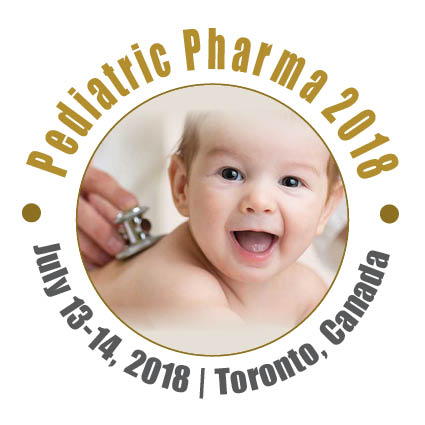
George Giacoia
National Institute of Child Health and Human Development/Food and Drug Administration, USA
Title: Pediatric clinical pharmacology: Looking back and to the future
Biography
Biography: George Giacoia
Abstract
Statement of the problem: Despite great strides on the study of drugs in children major areas of knowledge defi cit remains that resulted in failed pediatric labeling drug trails and prevents the adoption of precision medicine.
Purpose of this review: Pediatric pharmacology has been the backbone of pediatric therapeutics with attention on the effect of development on the bio disposition and response to specifi c drugs in children. Disease processes in children oft en differ from those similar disorders in adults, and diff erent phenotypes are being identifi ed in children. The evolution of pediatric clinical
pharmacology will be summarized. Barriers in the implementation of BPCA will be discussed as well as NICHD research initiatives and a training program in pediatric clinical pharmacology. A comparison will be made between the status of pediatric and adult clinical pharmacology and pharmacogenomics. Decoding the genome has led to an expanded understanding of disease pathogenesis and identifi cation of molecular drug targets. Molecular medicine (genomics, proteomics, and metabolomics) is a powerful engine that provides the tools to characterize changing disease states and uncover pathways for possible individualized therapeutics. Th is approach remains largely unexplored in pediatrics.
Conclusion: Gene-based molecular diagnostics, is changing the practice of medicine. Molecular profi ling of various diseases using genomic or proteomic approaches holds great promise. Th e use of molecular markers as clinical correlates of disease progression, risk quantifi cation and prognostic indicators Th ere is a need for innovation in pediatric therapeutics and the adoption of disease-oriented and patient-oriented approaches. This new paradigm will require a multidisciplinary approach in which pharmacologic expertise is integrated with knowledge of disease expression in children compared to adults with indepth knowledge of pathophysiology of disease processes. There is a need to validate and adopt new technologies for the use of biomarkers in pediatrics and application in trial design and drug trial simulation.

